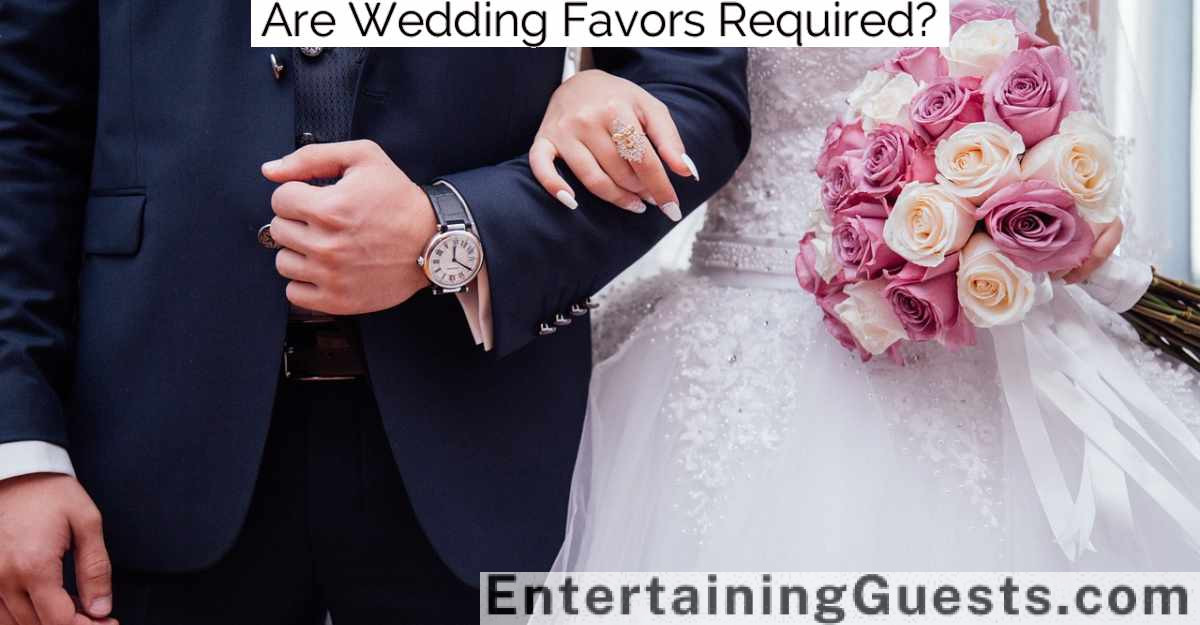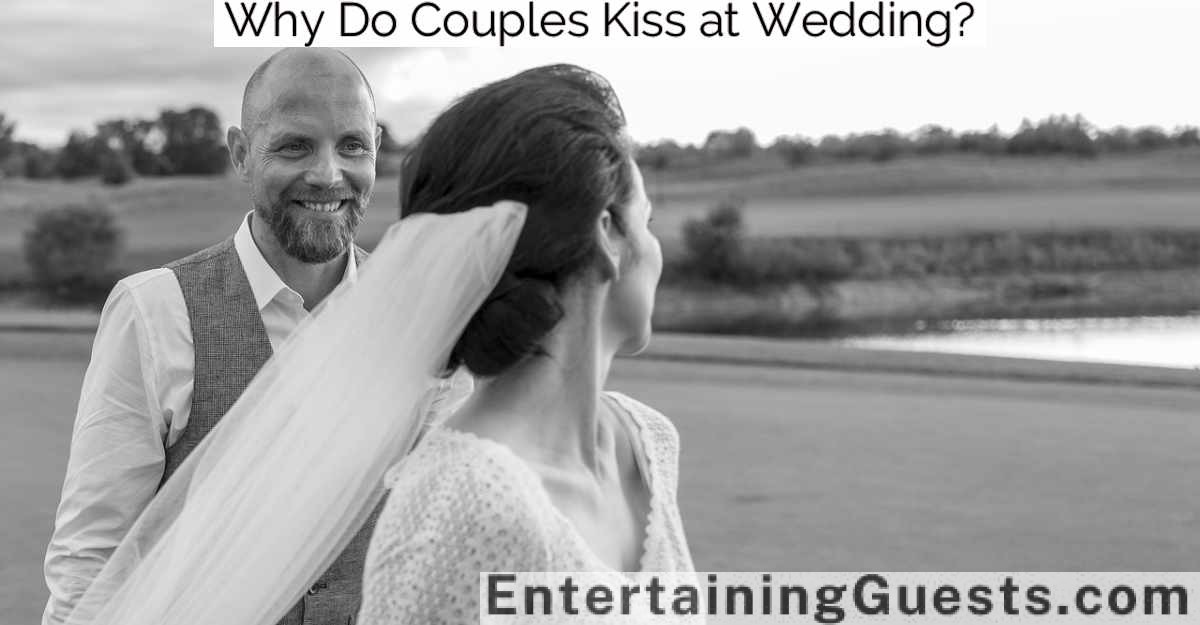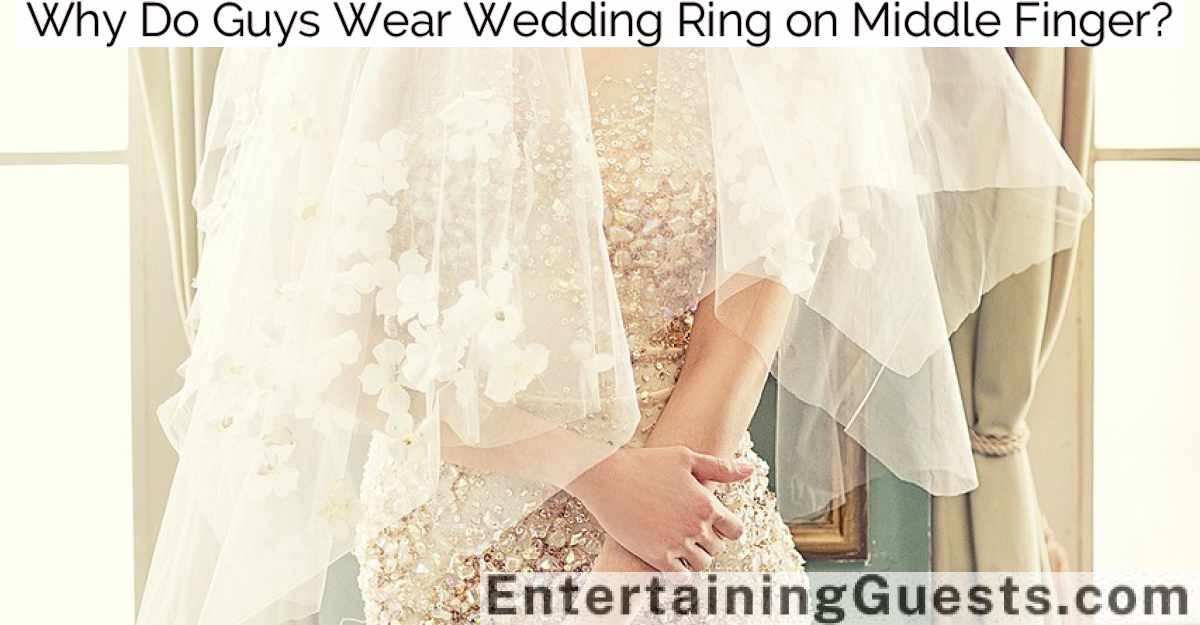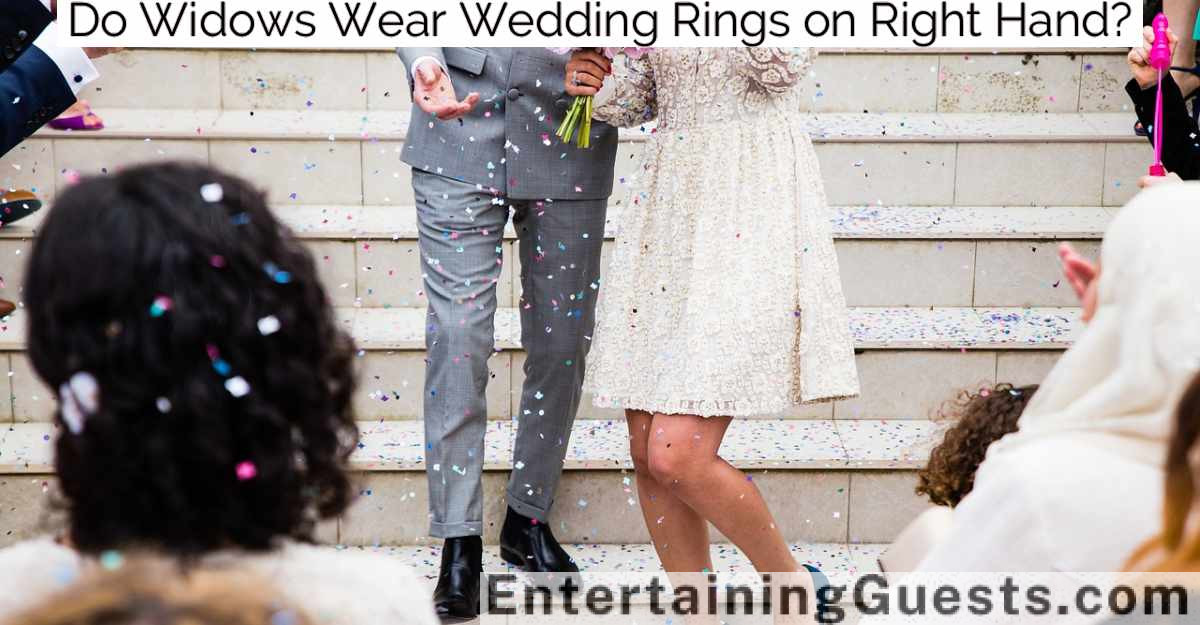No, wedding favors are not required at modern ceremonies.
Traditionally, these favors were symbolic of wealth and happiness and often consisted of sugared almonds. Over the years, these tokens have evolved into more personalized mementos that reflect the unique story or interests of the couple.
While these small gifts can enhance the aesthetics of the celebration and provide a cherished keepsake for guests, their inclusion is completely optional.
The cost of wedding favors can vary significantly, and couples should carefully consider their budget and the desired emotional impact of such gifts.
Thoughtful planning can lead to more customized options that enrich the guest experience without straining finances.
Understanding Wedding Favor Traditions
Wedding favors, a cherished token of gratitude and celebration, have evolved considerably through the centuries. Originally, they were simple gestures of good fortune; however, today’s trends show a shift towards more personalized and meaningful selections. Historically, favors included small bags of sugar or almonds—a symbol of wealth and happiness. As sugar became more affordable, these evolved into the sugared almonds now known as Jordan almonds, which are still popular in many cultures.
In contemporary weddings, couples often choose favors that reflect their unique story or shared interests. This could range from custom-made items like mini jars of local honey or handmade soaps to eco-friendly options like seed packets or bamboo utensils. These choices not only personalize the celebration but also resonate with today’s environmental consciousness.
Moreover, the presentation of wedding favors has become an integral part of the decor aesthetic. Sophisticated packaging, coordinated with the wedding’s color scheme or theme, adds a layer of thoughtfulness and charm.
It’s a way for couples to express their appreciation while also giving guests a memento that genuinely reflects the spirit of the occasion. As traditions evolve, the essence of wedding favors remains constant—a heartwarming thank you from the couple.
Evaluating the Cost of Favors
Evaluating the cost of wedding favors reveals a wide range of budgetary deliberations, from modest to lavish. Couples today face a spectrum of options, each with its own price tag. Simple DIY favors, such as homemade cookies or seed packets, can cost less than a dollar per guest.
However, more personalized items like custom-made candles or engraved keepsakes typically run several dollars each. The choice largely depends on the couple’s budget and their desired effect.
As weddings evolve, so do favor trends. Eco-friendly favors, including reusable utensils or plantable items, are gaining popularity but can be pricier due to sustainable materials.
Technology has also introduced new possibilities like digital downloads or personalized playlists, which can be cost-effective and uniquely memorable.
Moreover, packaging and presentation greatly influence the final costs. Opting for elaborate boxes or intricate wrapping can double the expense per favor.
It’s vital for couples to reflect on not only the item itself but also the presentation when budgeting for favors.
Couples should weigh these factors carefully. They’ll find that with a bit of creativity and strategic planning, it’s possible to provide thoughtful wedding favors that won’t break the bank.
Pros and Cons of Providing Favors
Most couples grapple with the decision of whether to provide wedding favors, a gesture that carries both advantages and drawbacks. On the plus side, favors can enhance the overall guest experience, offering a tangible keepsake that reminds them of the joyous occasion.
They’re often seen as a token of appreciation, showing guests that their presence and support are valued by the couple.
However, the costs can add up quickly, particularly for larger weddings. Customized items or high-quality gifts might stretch the budget, potentially diverting funds from other important aspects like food or entertainment.
There’s also the possibility that some guests might leave them behind or discard them shortly after the event, which raises concerns about wastefulness and environmental impact.
Moreover, the choice of favors can sometimes be a source of stress. Couples might feel pressured to select something unique and memorable, which can lead to unnecessary complications during the wedding planning process.
They must consider whether the item will appeal to a diverse group of people, balancing personal taste with general appeal to guarantee the favor isn’t just appreciated but also cherished.
Creative Alternatives to Traditional Favors
While traditional favors are still cherished, many couples are now turning to more creative alternatives to align with modern trends and personal values. Instead of the usual trinkets, eco-conscious duos might opt for small potted plants or seed packets that encourage guests to cultivate their own gardens. This not only supports sustainability but also serves as a lasting memento of the celebration.
For those looking to add a personal touch, customized playlists can be a hit. By compiling a list of songs played during the wedding, the couple can give guests a digital or physical copy, allowing them to relive the event whenever they’d like. It’s a cost-effective option that’s both personal and memorable.
Foodies might consider gourmet treats like artisanal chocolates or homemade jams, elegantly packaged and possibly even featuring flavors from the wedding menu. These delights offer guests a taste of the event to savor after the day is done.
Additionally, charitable donations in lieu of physical gifts are gaining popularity. Couples can donate to a cause they’re passionate about, providing guests with small cards that explain the donation made in their honor. This approach not only minimizes waste but also spreads goodwill.
Making Your Decision: Favors or No Favors
Deciding whether to offer wedding favors is a significant choice for any couple, reflecting their personality and the ethos of their event.
It’s essential to weigh the practicality and emotional impact of this decision. If the couple wants to give a tangible memory, then favors are a charming way to say thanks. However, if they’re looking for simplicity and cost savings, skipping favors might make more sense.
Today’s trends lean towards personalized and useful items if favors are chosen. Think USB drives filled with the couple’s favorite music, or eco-friendly seed packets that guests can plant. Such favors guarantee the gift isn’t just left on the table or thrown away.
On the flip side, many modern couples are opting out of physical favors entirely. They’re instead making donations to charities in honor of their guests, which not only eliminates waste but also spreads goodwill.
Ultimately, the choice comes down to what feels right for the couple’s vision and budget. It’s about their values and the message they want to convey through their wedding.
Whether they choose quaint, hand-picked items or a heartfelt thank you note, the goal is to make guests feel appreciated and connected to the celebration.
Conclusion
To sum up, while wedding favors aren’t mandatory, they offer a tangible way to thank guests. If traditional favors feel too costly or dated, consider creative alternatives that align with modern trends and personal values. Ultimately, the choice to provide favors should reflect the couple’s style and budget. By focusing on thoughtful, meaningful options, couples can either embrace this tradition or confidently skip it, ensuring their celebration remains authentic and memorable.




